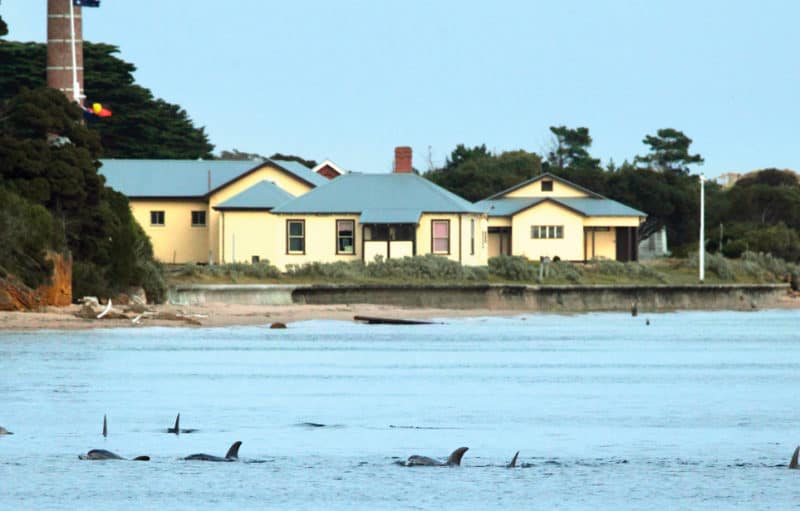It’s half-time in the Andrews Labor Government’s term in office, with another two quarters to go before the November 2018 election.
To mark the occasion we joined Environment Victoria, Friends of the Earth and The Wilderness Society together to conduct a community briefing roadshow in Fitzroy, Williamstown, Ivanhoe, Woodend, Frankston and South Melbourne.
The Andrews Government has scored well by removing the backward steps of the previous government.
They banned cattle grazing in the Alpine National Park, and committed to a raft of important strategic policy and legislative reform initiatives that are mostly underway but yet to be completed.
On the big-ticket items, like creating the Great Forest National Park, a Forest Industry Taskforce has been formed but it is very slow moving and a result is still up in the air.
In summary, it’s been a steady first half for the government.
Opposition has left the field
While we often focus on the government of the day, the performance of the Victorian Opposition also deserves mention.
The Coalition has largely vacated the field on conservation and environment policy. Disappointingly, it is a decade since the Coalition released a comprehensive environment policy, the last one prior to the 2006 election.
Free kick to the racing industry
The second half has just begun and the Andrews Government immediately gave a free kick away to the horse racing industry.
On November 15 environment minister Lily D’Ambrosio announced that the unauthorised and destructive use of the Belfast Coastal Reserve by commercial horse trainers would be sanctioned by the issuing of licences.
The Belfast Coastal Reserve, located between Warrnambool and Port Fairy, was established more than 40 years ago to protect the area’s wildlife and cultural heritage, and provide for passive recreational activities.
But two years ago, the reserve was invaded by large numbers of racehorse trainers and their horses.
The trainers were uninvited and unauthorised, weren’t paying for the commercial use of a public reserve and proceeded to intimidate, bully and threaten beachgoers.
At the same time, the horses began to seriously disturb the life cycle of the Hooded Plover and other threatened shorebirds.
Belfast Coastal Reserve is the second most important stretch of coastline for Hooded Plover in Victoria, and has the highest potential for their successful breeding.
There are fewer than 600 of the species left in Victoria.
By allowing commercial horse training to continue, the Government risks the future of these birds and sets a terrible precedent for the protection and management of the Victorian coast.
Today it’s horse training, but tomorrow will it be sand mining and dune buggies? The VNPA, in collaboration with the Belfast Coastal Reserve Action Group, other local activists and Birdlife Australia, will continue to campaign for the removal of commercial horse training from the Belfast
